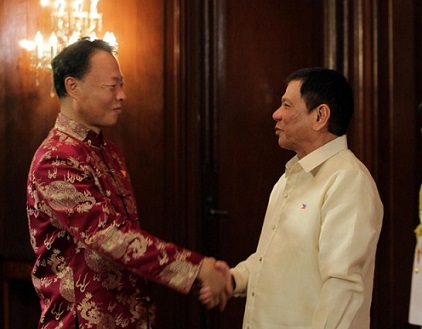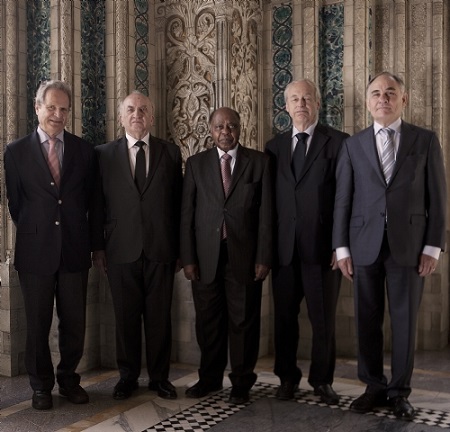
Yasay, in his clarification about what he said in an interview with Agence France Presse last week, said, ““As the ruling will not address sovereignty and delimitation, it is possible that some time in the future, claimant countries might consider entering into arrangements such as joint exploration and utilization of resources in disputed areas that do not prejudice the parties’ claims and delimitation of boundaries in accordance with Unclos (United Nations Convention on the Law of the Sea).”
Even if the Philippines gets a favorable ruling Tuesday on the issues they raised against China before the Permanent Court of Arbitration, there would still be a lot of complications about joint development of the disputed areas in the South China Sea.
The number one problem is China’s concept of “setting aside dispute and pursuing joint development.”
One of the resource materials on the issue in the website of the China’s Foreign Ministry, says “The concept of setting aside dispute and pursuing joint development has the following four elements: 1. The sovereignty of the territories concerned belongs to China. 2. When conditions are not ripe to bring about a thorough solution to territorial dispute, discussion on the issue of sovereignty may be postponed so that the dispute is set aside. To set aside dispute does not mean giving up sovereignty. It is just to leave the dispute aside for the time being. 3. The territories under dispute may be developed in a joint way. 4. The purpose of joint development is to enhance mutual understanding through cooperation and create conditions for the eventual resolution of territorial ownership.”



